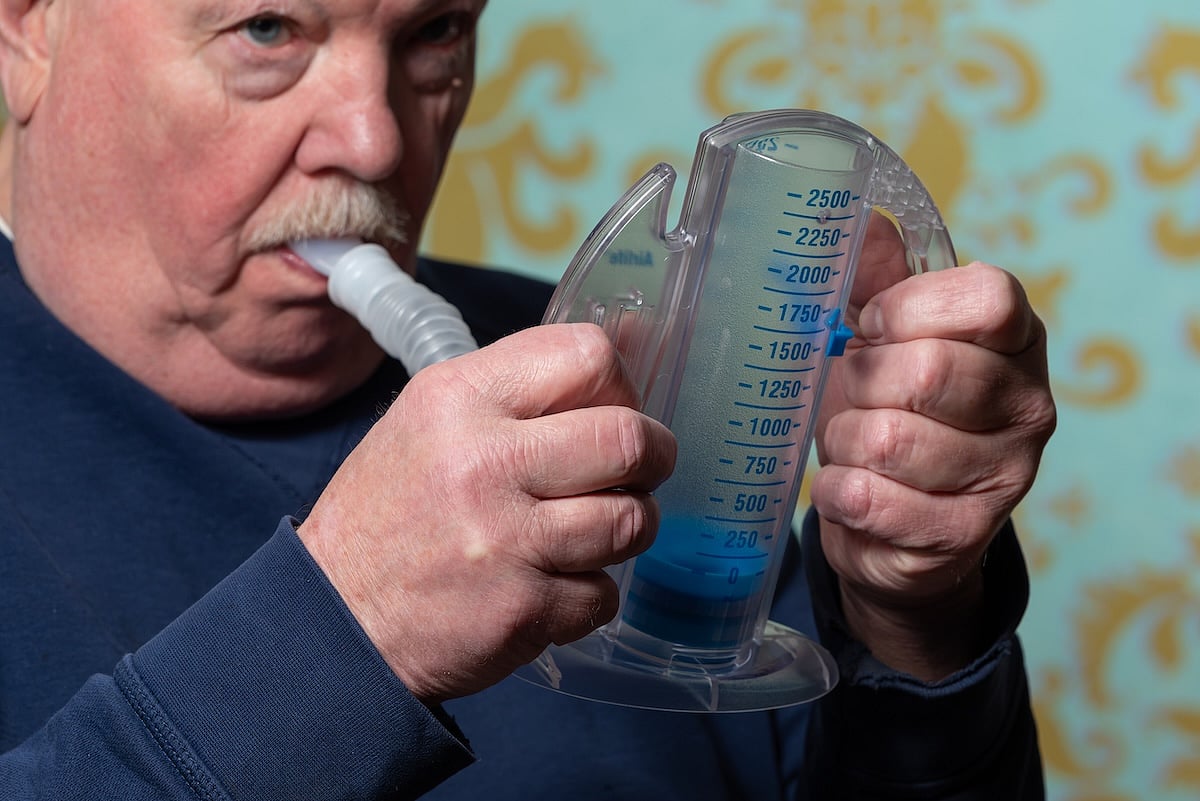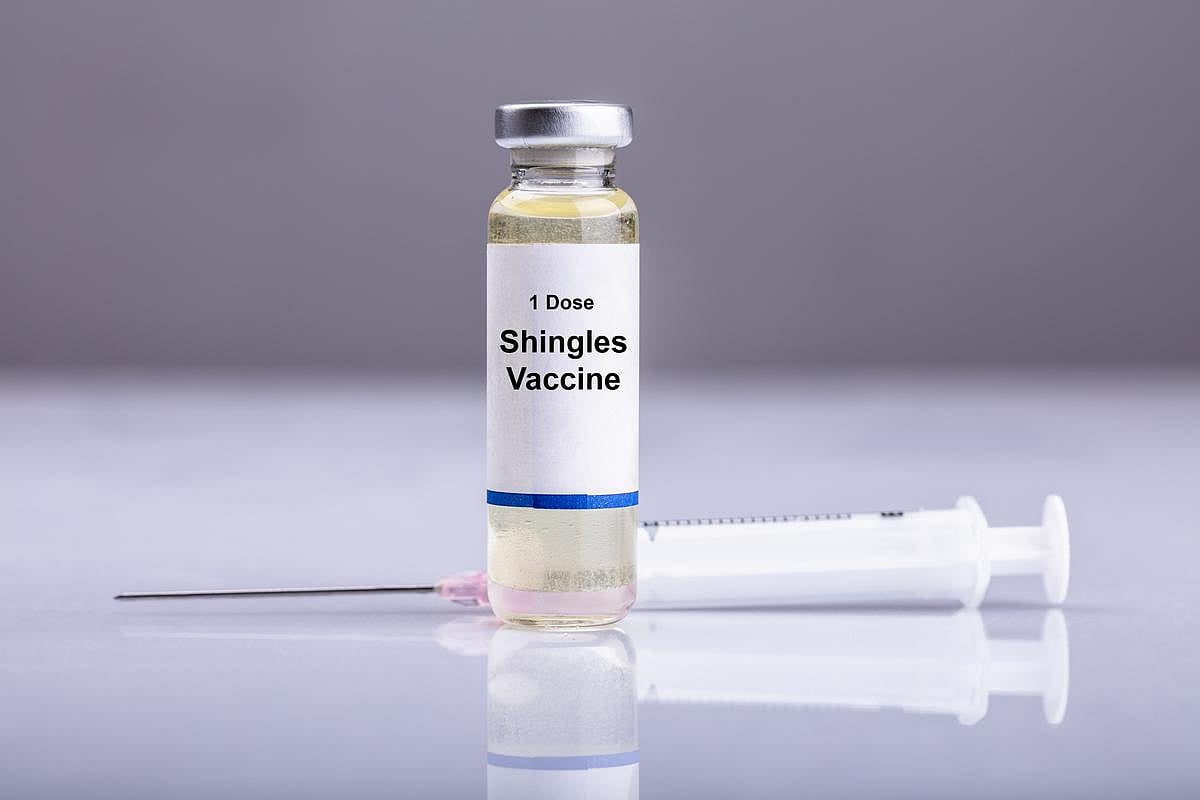
The official in charge of federal food and drug safety inspections will retire May 14. Michael Rogers, associate commissioner for inspections and investigations at the U.S. Food and Drug Administration (FDA), announced his decision Monday in an email to colleagues. “I have decided to retire. It was my decision, but it was time after 34… read on > read on >


















.jpg)